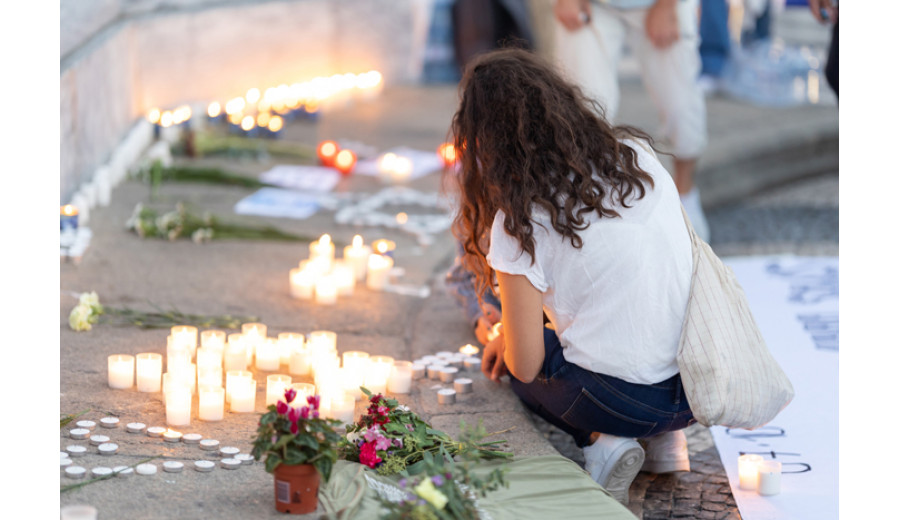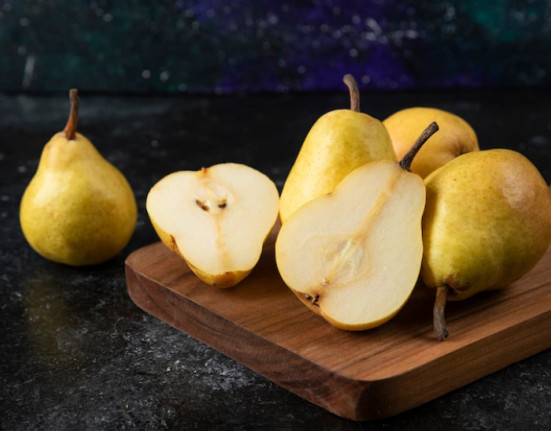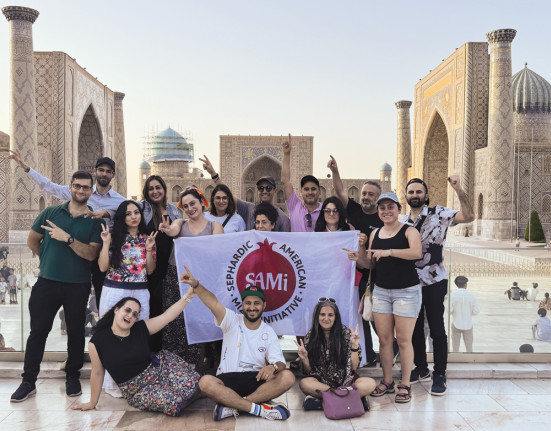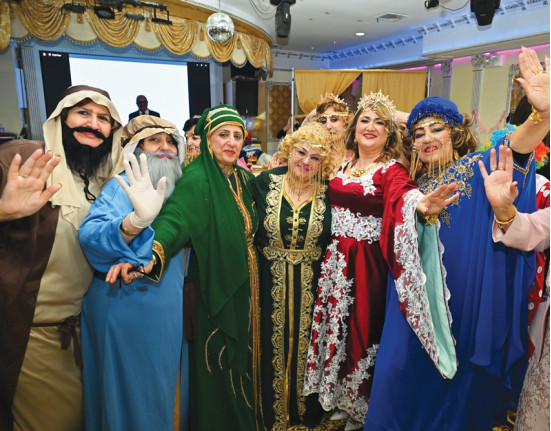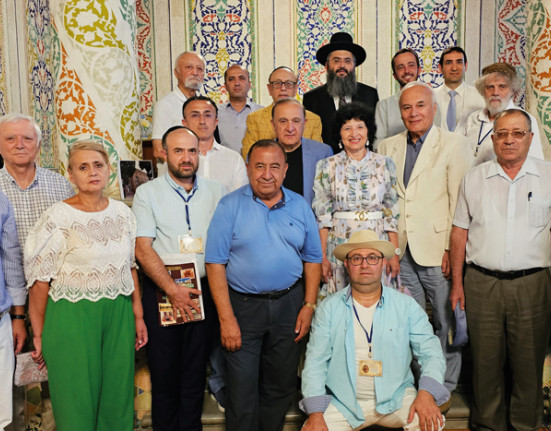Дорогая
Рэйчел,
Меня
охватил вихрь эмоций. Я замужем, имею троих детей и работаю. С тех пор, как
случились трагические события в Израиле, мое сердце разбито. У меня есть
близкие родственники в Израиле. Когда я вижу и слышу эти ужасающие истории, это
парализует меня. В краткие моменты я чувствую себя счастливой, а иногда
чувствую себя очень подавленной. Мои дети нуждаются во мне. Моя работа и брак
нуждаются во мне. Но как я могу двигаться дальше, когда страдают наши люди? Как
я могу наслаждаться тем, что имею, чувствуя боль? Возможно ли сделать и то, и
другое?
С уважением,
Алла
Дорогая
Алла,
Ваше
письмо нашло глубокий отклик во мне, и вам важно знать, что вы не одиноки в
борьбе с этими сложными эмоциями. Ежедневный поток ужасающих новостей:
заложники, среди которых уязвимые дети и старики, сообщения об изнасилованиях и
жестоких убийствах заставили многих из нас задуматься о том, как продолжать
жить повседневной жизнью. Добавьте к этому израильтян, призванных рисковать
своей жизнью на войне, и многочисленные семьи в трауре, и становится очевидным,
что мы переживаем период глубоких трудностей для Израиля.
И все
же, несмотря на все эти страдания, жизнь вокруг нас продолжается под
руководством Б-га. Рождаются дети и отмечаются знаменательные даты. Осенний
сезон раскрывает нам потрясающую красоту. Одновременное переживание радости и
печали может показаться противоречивым, но эта двойственность является
постоянной темой реальности человеческого существования.
Почему
Б-г не нажимает кнопку паузы, давая нам время полностью скорбеть, пережить нашу
травму и страдания? Возможно, ответ кроется в сути самой жизни. Цель жизни – не
стоять на месте, а двигаться вперед. Движение вперед не означает игнорирование
или отстранение. Скорее, это означает рост и преодоление. Движение вперед
позволяет нам раскрыть мудрость и истину в жизни, которые через боль и радость
в конечном итоге приближают нас к Б-гу. Главное – присутствовать в каждом
моменте, не пытаясь судить или контролировать свои чувства. Вероятно, вам будет
полезно каждый день уделять личное время тому, чтобы через свою боль обрести
близкую связь с Б-гом; плачьте, если вам нужно, молитесь Ему от всего сердца,
возможно, произнося слова техилим. Позвольте текущим событиям иметь достаточное
значение, чтобы изменить вас; чтобы увеличить свою зависимость от Б-га и тем
самым укрепить свою связь с Ним. Именно так мы можем стать устойчивыми.
Когда
бедствия не затрагивают нас напрямую, мы обязаны направить нашу эмоциональную
энергию значимым образом на помощь тем, кто непосредственно страдает. Некоторые
семьи носят траур или имеют пропавших без вести близких, в других члены семей
призваны на войну, а некоторые женщины одни, заботятся о своих детях, бросаясь
в бомбоубежища и выбегая из них. Возможно, эти люди не могут позволить себе
роскошь уделять время молитвам, но мы можем сделать это для них. Мы также можем
углубить нашу связь с нашими детьми, вовлекая их в значимые занятия, такие как
изготовление открыток для солдат, организация продажи выпечки для сбора средств
для Израиля или участие в изучении Торы и чтении Теилим во благо пострадавших.
Когда
мы интегрируем эти значимые занятия в свою жизнь, мы не просто направляем нашу
боль, но живем со страстью и целью, одновременно уча наших детей делать то же
самое. Это позволяет нам подняться над печалью и найти в ней внутреннюю
доброту. Сила любви часто проявляется через боль, освещая драгоценность жизни и
преодолевая наши добровольные ограничения.
В общении с близкими позвольте радости проявляться естественным образом. Используйте осознание более серьезных страданий, чтобы глубже оценить свои отношения. Каждый новый день дает возможность оказать значимое влияние на мир, подтверждая веру Б-га в наши способности и Его желание, чтобы мы установили прочные связи друг с другом и с Ним.
С наилучшими пожеланиями, Рэйчел Трилокекар
Спасибо тем, кто прислал мне свои вопросы по электронной почте. Если вы хотите, чтобы ваш вопрос был опубликован в следующем номере «Женского Мира», пишите на имейл: RachelTrilokekar@gmail.com

